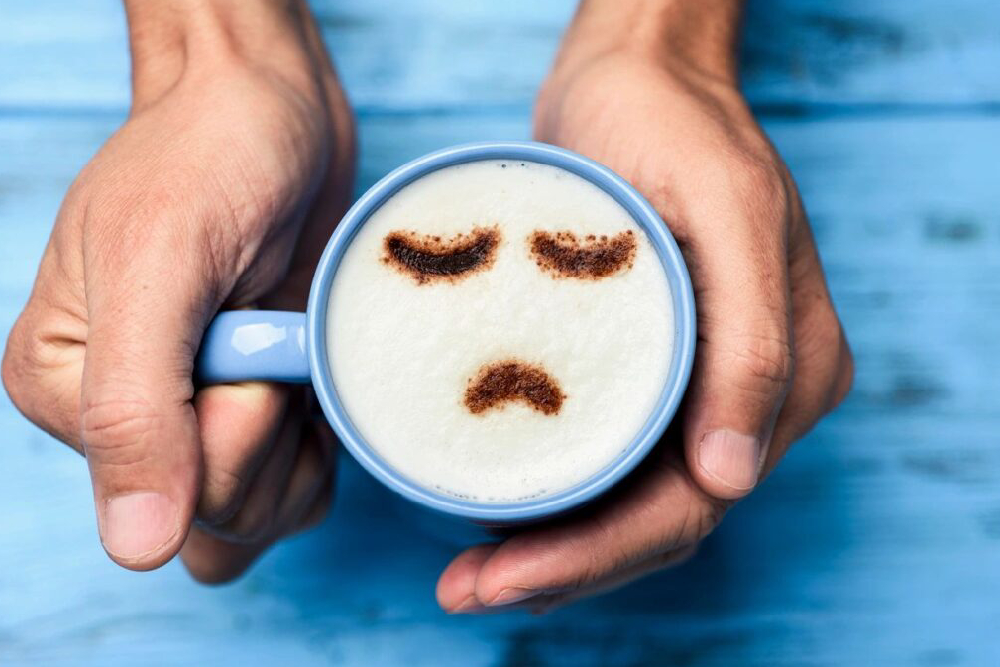According to the World Health Organization (WHO), mental health includes our emotional, psychological, and social well-being. It affects how we think, feel and act. It also helps determine how we handle stress, relate to others, and make choices.
The NIH has estimated that nearly one in five adults lives with a mental illness in the United States.
Who Is At Risk For Mental Illness?
Determinants such as one’s ability to manage one’s thoughts, emotions, behaviors, and interactions with others as well as social, economic, political, and environmental factors influence mental health. Stress and genetics are also contributing factors.
The Impact Of COVID

The COVID-19 pandemic presents the largest public health threat the world has faced in at least a century. To cope with the rapid spread of the virus, governments implemented a wide range of necessary public health emergency measures, including quarantines and lock-downs. The impact of the COVID-19 pandemic resulting from prolonged isolation, loss of employment, and the mounting death toll has left many of us feeling isolated, depressed and has increased stress and anxiety. Similar to any traumatic event, there may be lasting effects from these measures, which can result in the rise of mental disorders.
What Is Stress?
According to the National Institute of Mental Health (NIMH), stress is how the brain and body respond to any demand. Stress can affect your health, stress can affect everyone, and long-term stress can harm your health.
Stress can cause the following:
1- Feelings of fear, anger, sadness, worry, numbness, or frustration
2- Changes in appetite, energy, desires, and interests
3- Difficulty concentrating and making decisions
4- Difficulty sleeping and nightmares
5- Worsening of chronic health problems
6- Worsening mental health problems
7- Physical reactions including headaches, body pains, stomach problems, skin rashes
8- Increased use of tobacco, alcohol, and other substances
How can we cope with stress during the COVID-19 pandemic?
1- Take deep breaths, meditate
2- Exercise regularly, stretch
3- Eat healthy, well-balanced meals
4- Get enough well-rested sleep
5- Avoid tobacco, alcohol, and other substances
6- Limit watching, reading, or listening to the news, including those on social media
7- Make time for yourself to unwind and engage in a fun activity
8- Stay connected with others
9- Get the COVID-19 vaccine to keep yourself and others safe
Seeking Help

Mental illness has long been stigmatized, and it is no surprise that very few people seek help. There are varying degrees of mental health conditions. While those who experience mild symptoms may function without aid, others with moderate to severe symptoms may require treatment in the form of psychotherapy, medication, or both. It is time that we abandon the stigmas and normalize mental health. It must be prioritized in the same manner as physical health. Seek help to better cope with life’s stressors, especially during these challenging times. Reach out to a healthcare provider if you feel like stress is getting in the way of your daily activities or has become overwhelming. Whether it is counseling, psychotherapy, medications, we are not weaker for seeking help.
References:
https://www.nimh.nih.gov/health/statistics/mental-illness.shtml
https://www.psychiatry.org/patients-families/what-is-mental-illness
https://www.mentalhealth.gov/basics/what-is-mental-health
https://www.nimh.nih.gov/health/publications/stress/index.shtml
https://www.cdc.gov/coronavirus/2019-ncov/daily-life-coping/managing-stress-anxiety.html
https://www.who.int/teams/mental-health-and-substance-use/covid-19

